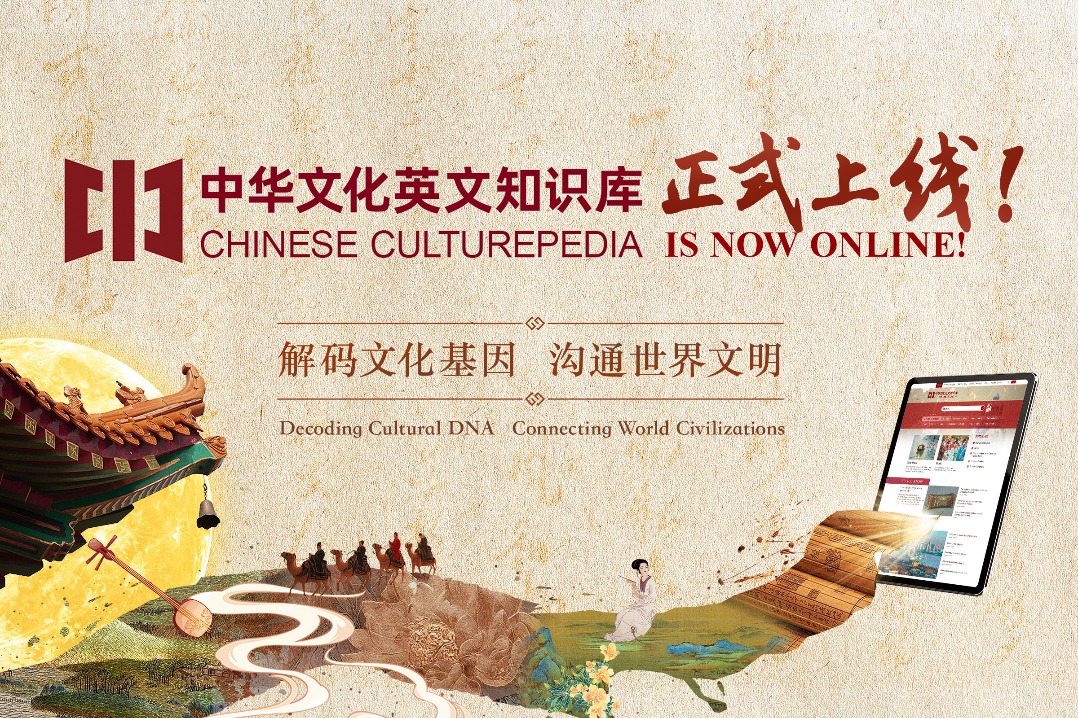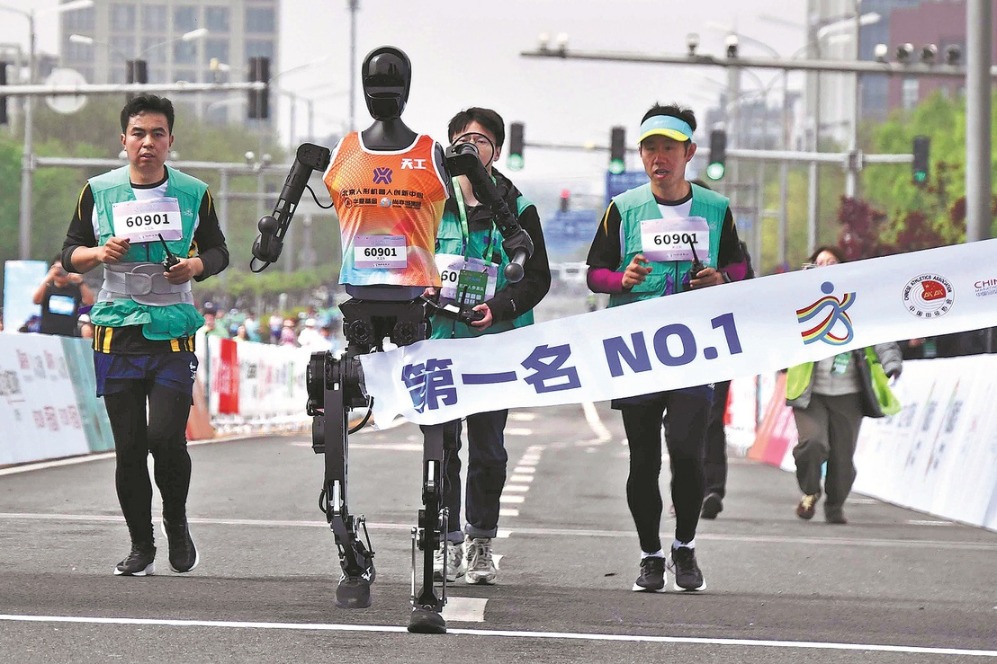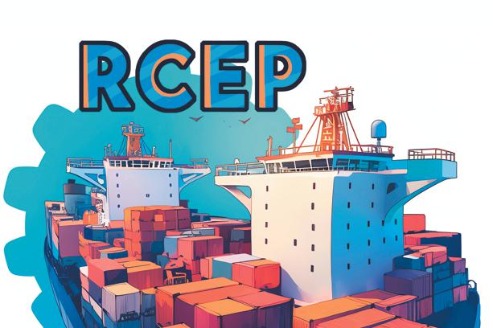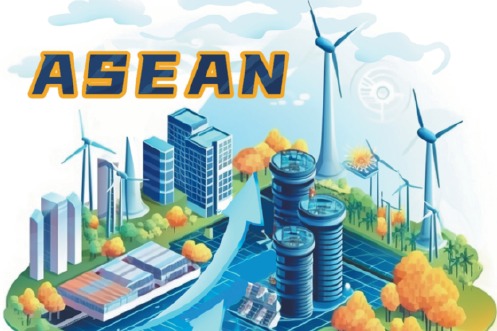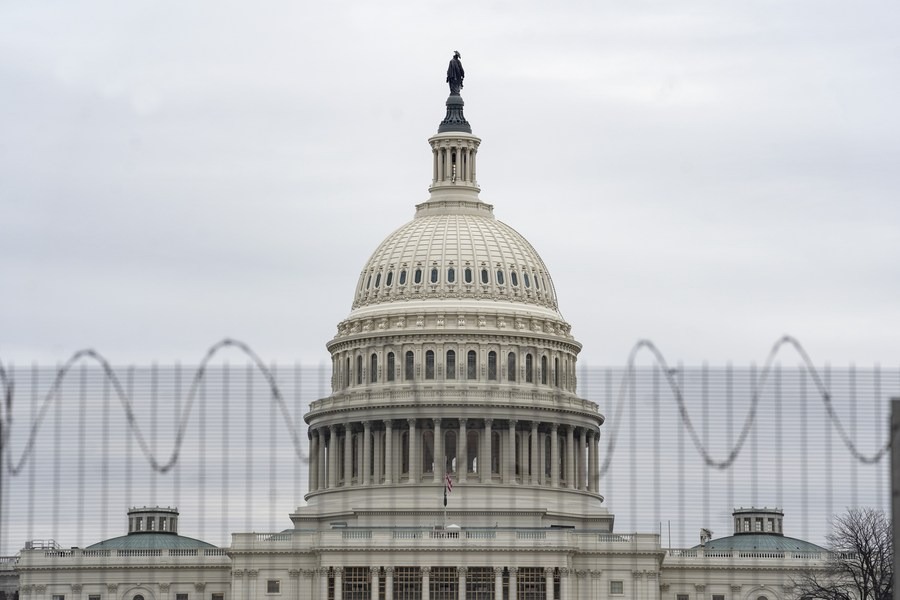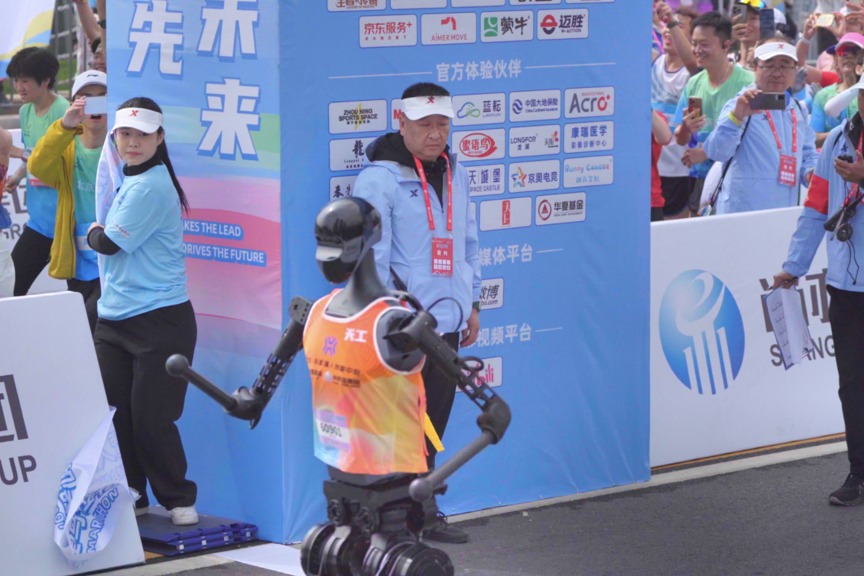Adjustment of EU-NATO relations and its impacts on China-EU ties


The outbreak of the Russia-Ukraine crisis has accelerated the reorganization of the global political, economic and security pattern. Against the context of structural changes in the European security order, geopolitical competition and major-power strategic competition returning to Europe, the European Union and NATO have been coordinating closely.
First, the Russia-Ukraine crisis has increased the EU's dependence on the United States and NATO. The military expenditure of the EU and NATO has reached a record high. The EU and NATO have reinforced their military capabilities and strengthened information sharing and coordinated action in the field of security and defense, in order to develop a more unified position on technology, data standards and operational strategies to respond to an increasingly complex security situation.
Second, with the growing importance of the Asia-Pacific region in global affairs, the EU and NATO are paying more attention to the region and participating more in regional affairs. The EU and many European countries such as the United Kingdom, France, Germany, the Netherlands and Lithuania have successively launched their "Indo-Pacific" strategies. The efforts of NATO to expand into the Asia-Pacific region have also become increasingly obvious. More importantly, the EU and NATO have strengthened coordination on their policy toward China. The two have expressed their common position on China in the form of an official document for the first time in Joint Declaration on EU-NATO Cooperation in 2023, which clearly regards China as a "challenge". The EU and NATO's strategic vigilance toward China is constantly increasing. This change is also in line with the new strategic thinking of the US on China, and also reflects the greater influence the US is exerting on the EU and NATO.
The growing interaction between the EU and NATO is having an impact on China. First of all, the EU and NATO have been strengthening participation in security affairs of the Asia-Pacific region, which has intensified the complexity of the geopolitical environment for China. The increasingly frequent security interactions among the EU, NATO and some Asia-Pacific countries have shaped a tense situation in the region, which has also created obstacles for China's relations with neighboring countries and undermined regional cooperation.
Second, the series of actions of the EU and NATO in the field of security and defense may intensify the arms race in Europe. The long-term confrontation between Europe and Russia will greatly affect the political and security situation in the region, further exacerbating the security dilemma, which may increase the possibility of greater instability in Europe.
In fact, China and the EU share common interests, goals and visions. At present, in the context of the slow recovery of the world economy and the ongoing geopolitical conflicts, China-Europe relations are affected by some irrational factors. However, China and Europe are highly dependent on economic and trade cooperation and each is one of the most important trading partners of the other. Both sides recognize the other's importance. Although there is competition and frictions, both sides are striving to maintain dialogue. Since the beginning of 2024, leaders from the EU, Germany, France, the Netherlands, Denmark, Belgium and other European countries have made visits to China. China's top leader is also paying a visit to three European countries. The high-level interactions between China and European countries provide political guidance and momentum for the development of bilateral relations.
First, China should maintain strategic focus, sort out areas of disagreement with Europe and treat them according to their specifics. Both China and Europe uphold a stable attitude of active communication and dialogue, work together to properly manage their differences, and respect each other's concerns. China should encourage the EU and its member states to adhere to autonomy in their policies toward China. It should work with the EU to establish or improve the diplomatic and security dialogue mechanisms for managing differences and crises, and keep the conversation open at all levels. Managing and resolving differences constructively, they will prevent the escalation of geopolitical confrontation.
Second, the role of economic and trade cooperation as the ballast and the propeller for China-Europe relations should be strengthened. The politicizing of economic and trade issues should be avoided. By joining hands to cope with global challenges, both sides can improve their bilateral relationship. China and Europe have extensive cooperation space in addressing global issues such as climate change, food security and public health threats, and both sides have a strong willingness to cooperate in these fields. China's strong manufacturing capabilities in the fields of the digital economy, clean energy and high-tech industries can provide important support for Europe's green transition. Enterprises from both sides can jointly explore third-party markets based on their respective advantages through cooperation.
Third, strengthening high-level communication as well as people-to-people exchanges between China and Europe can help to clear the misperceptions of China. On the one hand, strategic communication should be maintained through regular meetings of state leaders. At the same time, high-level officials from both sides should closely communicate and coordinate within multilateral frameworks such as the United Nations, the World Trade Organization and the G20, working together to uphold multilateralism and improve global governance. On the other hand, the public opinion foundation for China-Europe cooperation should be consolidated by deepening cultural exchanges and increasing personnel exchanges. China can further simplify visa procedures, increase the number of international flights, and implement visa free policies for more European countries, providing more convenience for people from Europe and other countries.
Zheng Chunrong is a professor and director of the German Studies Center at Tongji University. Wang Xiaotong is a doctoral candidate at the School of Political Science & International Relations at Tongji University. The authors contributed this article to China Watch, a think tank powered by China Daily.
The views don't necessarily reflect those of China Daily.
If you have a specific expertise, or would like to share your thought about our stories, then send us your writings at [email protected], and [email protected].


















